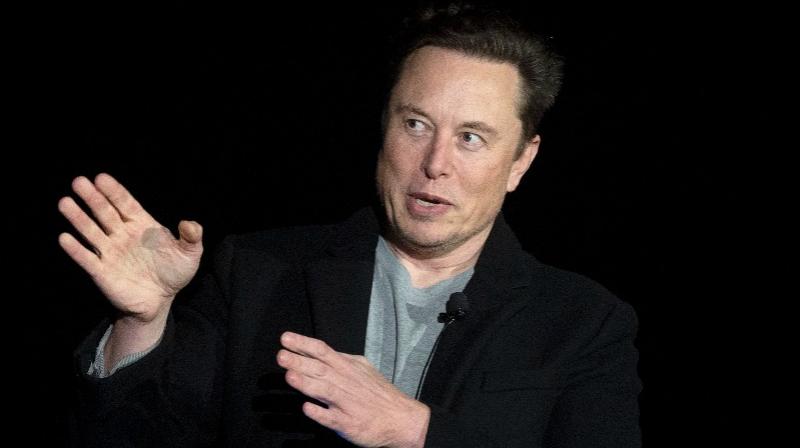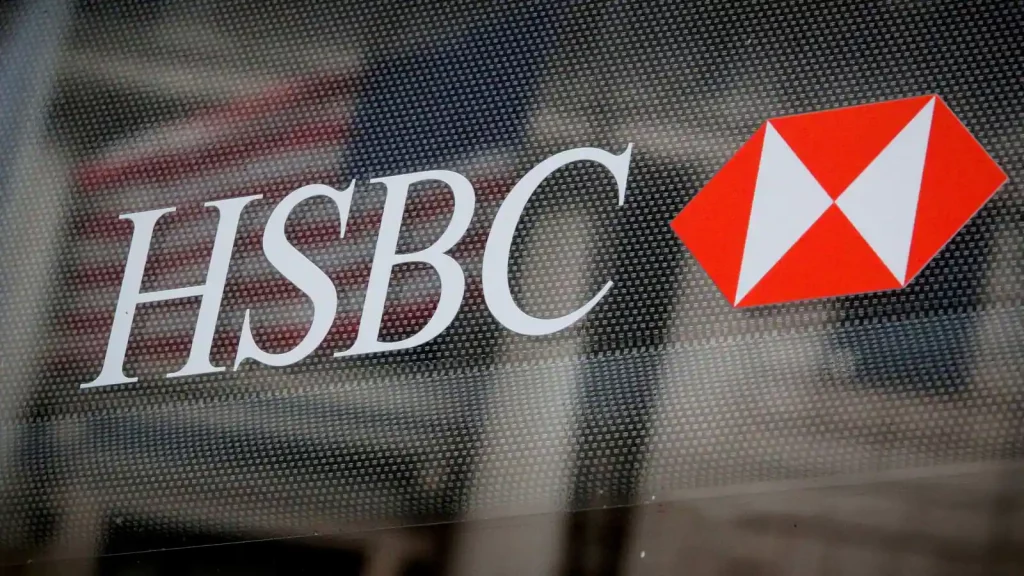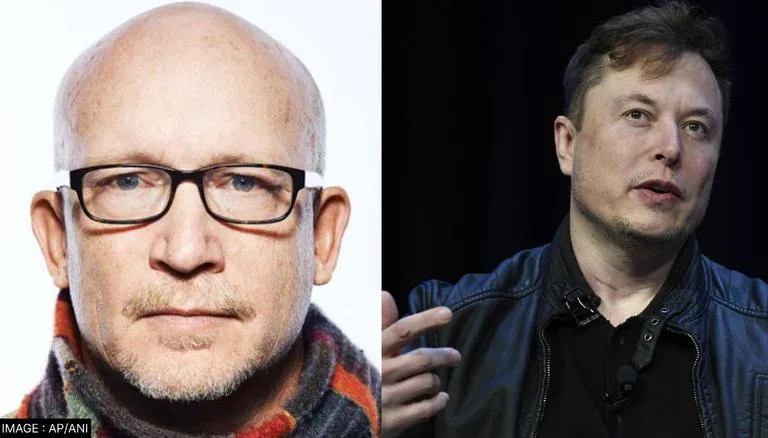Amidst the fallout from a company he did take private, embattled billionaire Elon Musk is now facing trial over a company he didn’t.
Long before he bought Twitter for $44 billion in October, Musk had his sights set on the electric car company Tesla, where he is still CEO and where he gets most of his wealth and fame. Musk tweeted on August 7 that he had the money to pay for a $72 billion buyout of Tesla. In a later statement, he gave more details about this claim and made it sound like a deal was about to happen.


Elon Musk suffers the largest financial loss ever recorded. But the purchase didn’t happen, and now Musk will have to explain his actions in a federal court in San Francisco while he’s under oath. The trial, which begins with jury selection on Tuesday, is the result of a class-action lawsuit filed on behalf of investors who held Tesla stock for at least 10 days in August 2018.
SEC Penalty
A week after Musk’s tweets caused a surge in Tesla stock price, investors realized he didn’t actually have the money to complete the buyout. So, he gave up on his plan to turn the automaker into a private company. He eventually settled with U.S. securities regulators for $40 million and lost his position as chairman of the board.
Musk has since claimed he was pressured into agreeing to the settlement and that he was under the impression that he had secured funding for a Tesla buyout during his discussions with the Saudi Arabian Public Investment Fund.
After U.S. District Judge Edward Chen ruled that Musk’s tweets were untrue, the jury’s interpretation of Musk’s motivations could determine the trial’s outcome.
On Friday, Chen dealt Musk another blow by rejecting his request to move the trial to a federal court in Texas, where Tesla plans to establish a new headquarters in 2021. Musk claimed that the San Francisco Bay Area jury pool was tainted by the press’s coverage of his Twitter acquisition.
Current Tesla stockholders are not fond of Musk because they believe he is devoting insufficient time to guiding the automaker at a time of intensifying competition due to his leadership of Twitter, where he has culled the staff and alienated users and advertisers.
As a result of these worries, Tesla’s stock dropped by 65% in 2018, wiping out over $700 billion in shareholder wealth. This is a much larger loss than the $14 billion difference in value between the company’s high and low stock prices during the August 7–17, 2018 time period covered by the class-action lawsuit.
The stock price of Tesla has dropped
The lawsuit is predicated on the idea that Musk’s offer to buy Tesla for $420 per share caused the stock to trade at such a wide spread. Due to two stock splits since then, $420 is now equivalent to $28 in today’s market for Tesla shares. Last week, the stock price dropped to a closing of $122.40, down from its all-time high of $414.50 in November 2021 after accounting for a stock split.
Musk became the wealthiest person in the world before he purchased Twitter after he abandoned plans for a Tesla buyout and the company quickly recovered from a production problem, leading to a surge in car sales and a subsequent increase in the value of the company’s stock. After the stock market reacted negatively to Musk’s Twitter management, he fell off the top of the wealth rankings.
Tesla’s current and former top executives and board members, as well as notables like Oracle co-founder Larry Ellison and James Murdoch, son of media mogul Rupert Murdoch, are scheduled to testify at Musk’s trial, which should shed light on his management style.
The trial is set to last until February 1, and potential witnesses include Musk’s brother, Kimbal. This may shed light on the nature of Musk’s relationship with his sibling.
Sales of Tesla vehicles have been slowing, and the company’s stock price has been falling, so on Friday the company drastically reduced the prices of several versions of its cars in the hopes that the new federal tax credit will increase interest among potential buyers.
In the United States, the company reduced prices on some trim levels of the Model Y SUV, its best-seller, by nearly 20%. The $7,500 tax credit for electric cars that has been extended through March can now be used on more Model Y models. As a result, the starting price of Tesla’s most affordable model, the Model 3, has dropped by about 6%.
Wedbush analysts said in a recent report that the combined effect of these price cuts could increase demand and deliveries by 12–15% worldwide in 2023.




